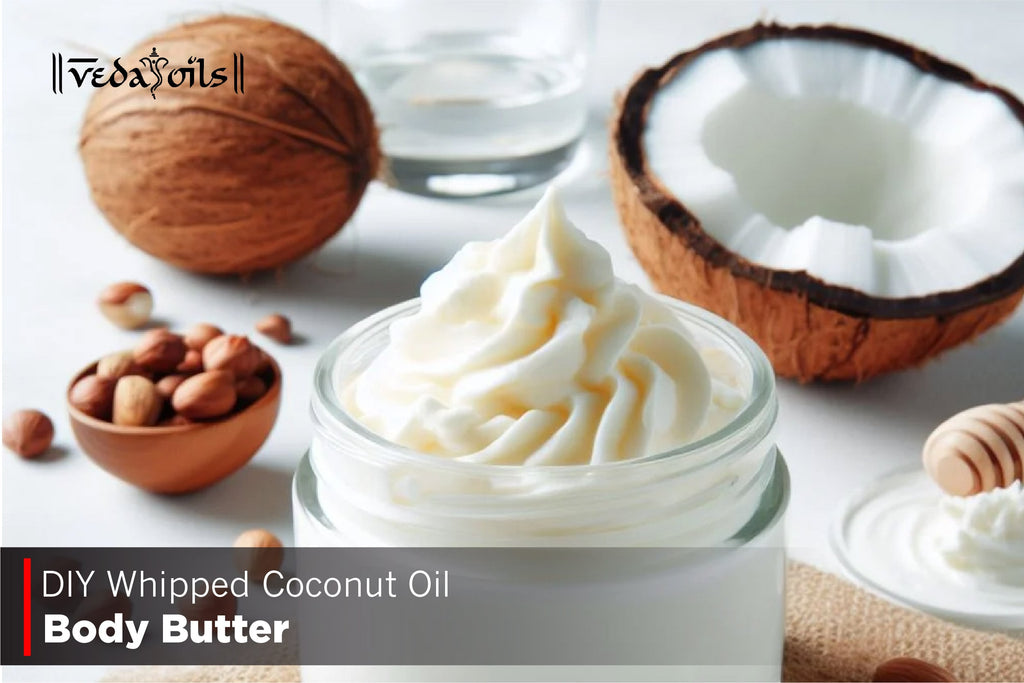Peppermint Oil For Cough & Cold Relief - Benefits And How To Use
Given its all-natural attributes, using essential oils might be appealing to you. Complementary and alternative treatment is the practice of using essential oils to treat symptoms caused by medical conditions. These procedures are viewed as outside the scope of standard medical care but can accompany the medical treatment.

Some essential oils can reduce inflammation, soothe the throat, and kill bacteria to help with cold and cough symptoms. Peppermint Essential Oil frequently appears in natural respiratory care products. An extract of peppermint is menthol. It produces a soothing feeling when inhaled, which can numb or ease an itch in the throat. In this article, we will read how peppermint essential oil can help treat cough symptoms.
Benefits Of Using Peppermint Oil For Congestion
The peppermint plant's leaves are the source of essential peppermint oil. In addition to menthol, which gives peppermint its cooling properties, the essential oil contains around 40 other chemicals. Here is how peppermint oil can benefit in a situation like congestion:
1. Helps Body Eliminate Mucus: Menthol is found in peppermint essential oil, which helps the body eliminate mucus. The mucus receptors in the nose are affected by this substance, which can aid in clearing mucus and widening the airways of the nasal cavity.

2. Relieves Pain And Swelling: Peppermint essential oil can reduce inflammation and possess analgesic, or pain-relieving, benefits. For some people, the relaxing effects of peppermint oil can help them feel more at ease or help them go to sleep.
3. Kills Germs And Bacteria: Peppermint essential oil helps lessen inflammation by fighting germs and bacteria, which aids in reducing nasal congestion. Runny or stuffy nose and other congested-related symptoms are generally relieved by reduced inflammation.
How To Use Peppermint Oil For Cold And Cough?
You can introduce peppermint essential oil through the practice of aromatherapy. This is the process of inhaling oils to energize your body. Additionally, you have the option to apply diluted oils to your body. They can also be frequently dispersed into the air using an essential oil diffuser. Here are some often-used methods:
1. Peppermint Oil For Aromatherapy- Diffuser
Diffusers for essential oils spread the oil throughout the air. This is a soothing method for inhaling critical oils continually at home. You can choose the essential oils of your choice, and you are good to go.

Ingredients:
- Peppermint Essential Oil - 2 Drops
- Lemon Essential Oil - 2 Drops
- Frankincense Essential Oil - 1 Drop
- Eucalyptus Essential Oil - 1 Drop
Method:
Step 1: Take your diffuser and fill it in with water according to the instructions.
Step 2: Add all the essential oils drop by drop. Cover the lid. Plug it in and inhale.
2. Peppermint Oil For Inhalation
A bowl of boiling water can be used as a steam inhalation device by adding a few drops of essential oil. You can make a steam chamber by placing a towel over your head. Steam inhalation is the easiest way to treat using essential oils.

Ingredients:
- Peppermint Essential Oil - 2 Drops
- Eucalyptus Essential Oil - 2 Drops
- Water - As Required
- Glass Bowl - 1
Method:
Step 1: Take a glass bowl and fill it half with boiling water. Add both essential oils.
Step 2: Bend towards the bowl and cover your head with a towel. Inhale deeply for 10 minutes.
3. Peppermint Oil For Massage
While a cold or congested chest might make it much harder for you to sleep well or focus at work, a massage with a topical ointment or vapor rubs to quickly relieve a cough or a cold can always come in handy. Here is how you can make it.

Ingredients:
- Coconut Oil - ¼ cup
- Eucalyptus Essential Oil - 10 Drops
- Peppermint Essential Oil - 5 Drops
- Lavender Essential Oil - 10 Drops
- Lemon Essential Oil - 10 Drops
- Tea Tree Essential Oil - 2 Drops
- Glass Jar - 1
Method:
Step 1: Take coconut oil and add it to a bowl. Add all of the essential oils to this bowl.
Step 2: Whisk it up until everything is thoroughly combined. To make this mixture, you can alternatively use a mixer.
Step 3: When prepared, transfer this blend to a jar. Secure it and keep it away from direct sunlight in a cool location.
Step 4: Apply a small amount on your chest and neck area and massage it with soft hands to get instant relief from congestion.
Conclusion
Try experimenting with essential oils to ease your cough. Understand that conclusive research on this course of treatment is lacking, but they can be used along with the medications for some relief. Use essential oils with care, and be sure to dilute them properly.
One essential oil at a time only should be introduced. If you experience a persistent cough or related symptoms, seek medical attention immediately. VedaOils is the leading manufacturer of 100% natural essential oils, all under one roof. You can visit their website and order yours at discounted rates.
You May Also Like:
Buy Products
-
 Eucalyptus Essential Oil
Eucalyptus Essential Oil -
 Lavender Essential Oil
Lavender Essential Oil -
 Lemon Essential Oil
Lemon Essential Oil -
 Peppermint Essential Oil
Peppermint Essential Oil -
 Virgin Coconut Oil
Virgin Coconut Oil
Related Articles
Disclaimer :- This article is intended for informational and educational purposes only and should not be considered a substitute for professional medical advice. For specific health concerns or treatment, please consult your personal physician. The article's editor, writer, and VedaOils organization do not assume any responsibility for any health outcomes resulting from the information provided. Readers are strongly encouraged to seek advice from their physician before acting on any recommendations made in these articles.
















 Sign in
Sign in Register now
Register now My Reward Points
My Reward Points









